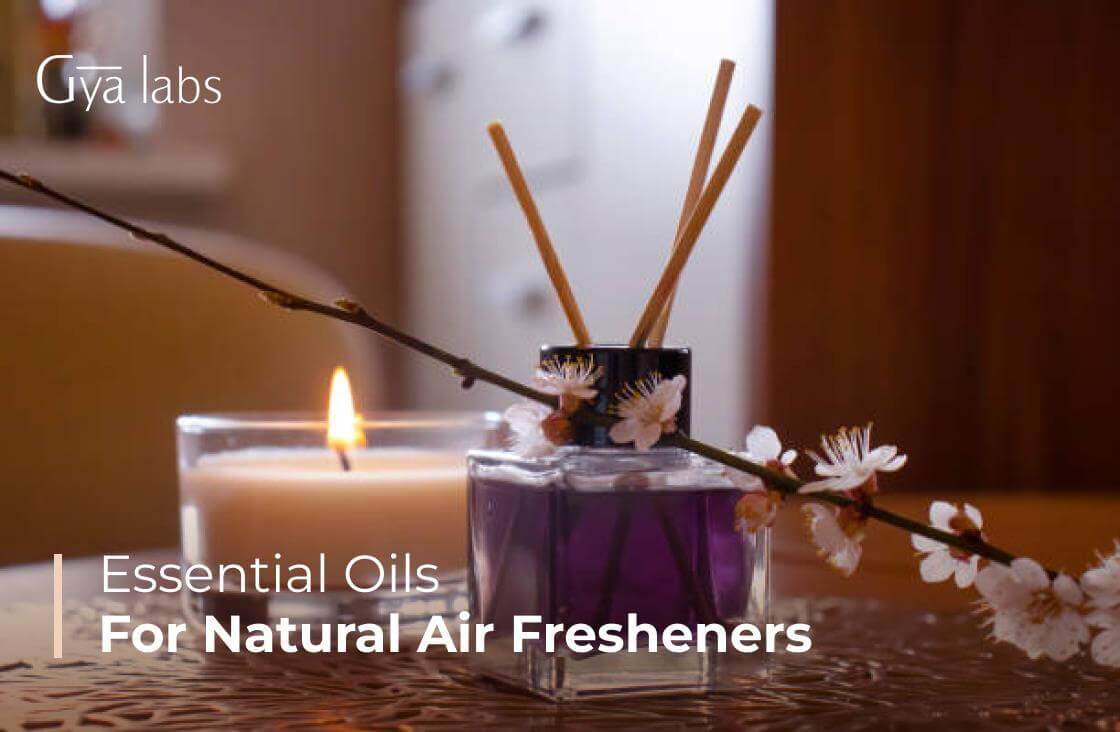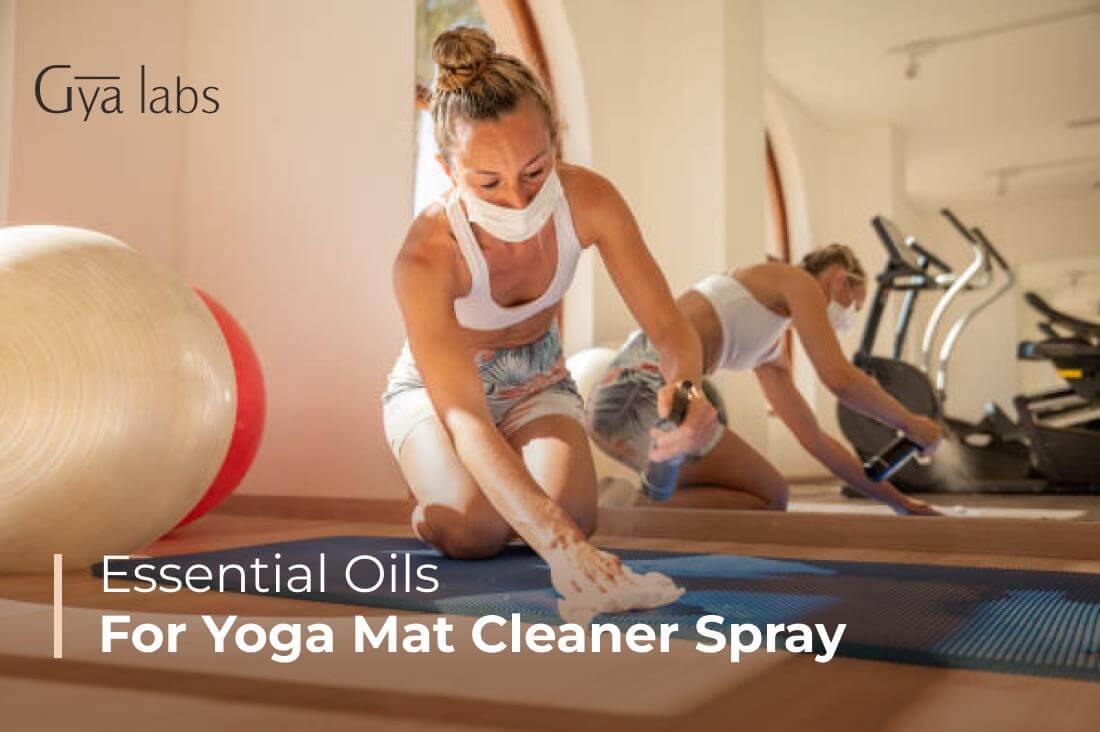Tired of harsh chemicals and synthetic fragrances in traditional fabric softeners? DIY natural fabric softeners offer an eco-friendly and cost-effective alternative for keeping your laundry soft, fresh, and chemical-free. Essential oils are the magic ingredients that elevate natural fabric softeners, adding delightful scents and therapeutic benefits to your laundry routine.
In this article, we’ll explore how to create DIY natural fabric softeners using essential oils, discuss the best recipes, and uncover their benefits.
Why Choose DIY Natural Fabric Softeners?
Traditional fabric softeners often contain synthetic fragrances, toxic chemicals, and irritants that can harm sensitive skin, damage fabrics, and pollute the environment. Switching to homemade fabric softeners provides several advantages:
- Eco-Friendly: Reduces environmental impact by avoiding harmful chemicals.
- Non-Toxic: Safe for sensitive skin and babies.
- Cost-Effective: Uses affordable, readily available ingredients like white vinegar and baking soda.
- Customizable: Essential oils allow you to personalize scents and tailor the benefits.
For another natural laundry solution, check out this article on making your own laundry soap bar: How to Make a Laundry Soap Bar.
Best Essential Oils for Natural Fabric Softeners
1. Lavender Essential Oil
Known for its calming scent, lavender helps reduce stress and promotes relaxation. It also has natural antibacterial properties. Perfect for bedding and clothes to create a soothing atmosphere.
2. Lemon Essential Oil
Adds a crisp, clean scent to your laundry while offering antibacterial and deodorizing properties. Ideal for eliminating tough odors from activewear or gym clothes.
3. Eucalyptus Essential Oil
Known for its refreshing and antimicrobial properties, eucalyptus helps keep clothes smelling fresh and clean. Great for towels and linens.
4. Tea Tree Essential Oil
A powerful antifungal and antibacterial essential oil, tea tree eliminates odors and protects against mildew. Perfect for fabrics prone to mold or stored in damp environments.
5. Peppermint Essential Oil
Provides a cooling, invigorating scent while offering antibacterial and antifungal benefits. Ideal for holiday linens or clothes stored away for long periods.
6. Orange Essential Oil
Orange essential oil offers a bright, citrusy aroma that instantly uplifts and refreshes. Its natural antibacterial and antifungal properties help eliminate germs and odors from clothes. Perfect for gym wear and workout gear as it effectively neutralizes unpleasant odors. Its zesty scent boosts energy and creates a cheerful atmosphere. The oil’s natural cleaning properties enhance the effectiveness of vinegar and baking soda in softening fabrics.
7. Bergamot Essential Oil
With its light, sweet citrus aroma, bergamot oil is known for its calming and uplifting properties. It helps soften clothes while leaving a sophisticated scent. Reduces stress and anxiety, making your laundry routine a relaxing experience. Keeps clothes hygienic and odor-free. Adds a luxurious fragrance to fabrics, ideal for linens and formal wear.
8. Rosemary Essential Oil
Rosemary essential oil delivers a fresh, herbaceous aroma that revitalizes both fabrics and your senses. Its antibacterial properties make it ideal for households with kids or pets. Helps eliminate bacteria and allergens from clothes. Promotes focus and clarity, making your laundry area smell invigorating. Suitable for a variety of fabrics, including towels and bedding.
9. Geranium Essential Oil
Geranium essential oil is celebrated for its floral, slightly minty aroma, which brings elegance and freshness to fabrics. It is also known for balancing emotions. Neutralizes strong odors such as smoke or food smells. Enhances the effectiveness of natural softeners like vinegar and baking soda. Helps alleviate stress and promotes a sense of well-being.
10. Lemongrass Essential Oil
With its crisp, citrusy aroma, lemongrass essential oil is a powerful deodorizer and antimicrobial agent. It ensures your clothes remain fresh and clean after every wash. Particularly effective for eliminating musty smells from damp fabrics. Keeps clothes free from pests like moths during storage. Adds a sharp, invigorating scent to your laundry routine.
Benefits of DIY Natural Fabric Softeners
Eco-Friendly
One of the primary benefits of DIY natural fabric softeners is their positive impact on the environment. Traditional store-bought fabric softeners often come in single-use plastic containers, contributing to plastic pollution. They also contain chemicals that can pollute water systems after being drained during laundry cycles. By making your own fabric softeners, you can use reusable containers, reducing plastic waste. Additionally, natural ingredients like vinegar and baking soda biodegrade easily, ensuring minimal harm to ecosystems. Switching to DIY solutions supports sustainable living and lowers your household’s carbon footprint.
Customizable Scents
DIY fabric softeners give you full control over the scent of your laundry. By incorporating essential oils such as lavender, orange, or peppermint, you can craft personalized fragrance blends that suit your mood or preferences. Whether you want calming scents for your bedding or energizing aromas for activewear, essential oils offer endless customization possibilities. Unlike synthetic fragrances, these natural scents are free from harmful chemicals, ensuring a cleaner and safer laundry experience. Plus, you can switch scents seasonally or experiment with blends to keep your laundry routine fresh and exciting.
For more ways to customize your laundry routine, check out this article for a homemade laundry detergent recipe: Homemade Laundry Detergent Recipe.
Non-Toxic
Store-bought fabric softeners often contain harsh chemicals, synthetic fragrances, and dyes that can irritate sensitive skin, especially in babies, children, and pets. DIY natural fabric softeners, on the other hand, rely on gentle, non-toxic ingredients like white vinegar, baking soda, and essential oils. These ingredients soften clothes effectively without causing skin irritation or triggering allergies. For households with sensitive skin, DIY fabric softeners are a safer, more reliable alternative.
Cost-Effective
Creating your own fabric softeners is budget-friendly, as the ingredients required—such as vinegar, baking soda, and essential oils—are inexpensive and often already available in your pantry. A small amount of essential oil goes a long way, allowing you to make multiple batches without frequent purchases. This not only saves money compared to store-bought alternatives but also ensures you’re getting a high-quality, all-natural product at a fraction of the cost.
DIY Natural Fabric Softener Recipes
1. Basic Vinegar and Essential Oil Fabric Softener
Ingredients:
- 2 cups white vinegar
- 10-15 drops of your favorite essential oil (e.g., lavender or lemon)
Instructions:
- Pour white vinegar into a clean jar or bottle.
- Add the essential oil drops to the vinegar.
- Shake well to mix.
How to Use:
Add 1/4 to 1/2 cup of the mixture to the rinse cycle of your washing machine.
Benefits:
- Softens fabrics naturally.
- Reduces static cling.
- Eliminates odors without synthetic fragrances.
2. Baking Soda and Vinegar Fabric Softener
Ingredients:
- 1 cup baking soda
- 2 cups white vinegar
- 10 drops of lavender essential oil
Instructions:
- In a large bowl, slowly combine baking soda and vinegar (it will fizz).
- Add essential oil and mix well.
- Store in an airtight container.
How to Use:
Add 1/4 cup per load during the final rinse cycle.
Benefits:
- Removes residue from clothes.
- Neutralizes odors.
- Leaves fabrics soft and fresh.
3. Epsom Salt and Essential Oil Fabric Softener
Ingredients:
- 2 cups Epsom salt
- 20 drops of eucalyptus essential oil
Instructions:
- Combine Epsom salt and essential oil in a bowl.
- Mix thoroughly to distribute the scent.
- Store in a glass jar with a lid.
How to Use:
Add 1-2 tablespoons to your washing machine during the rinse cycle.
Benefits:
- Softens clothes naturally.
- Adds a refreshing aroma to your laundry.
4. Hair Conditioner and Vinegar Softener
Ingredients:
- 1 cup white vinegar
- 1 cup hair conditioner (preferably unscented or natural)
- 10 drops of peppermint essential oil
Instructions:
- Combine vinegar and hair conditioner in a bottle.
- Add essential oil and shake well.
How to Use:
Pour 1/4 cup into the fabric softener dispenser of your washing machine.
Benefits:
- Conditions fabrics for a soft feel.
- Adds a pleasant scent without chemicals.
5. DIY Dryer Sheets with Essential Oils
Ingredients:
- 10 squares of fabric (cut from old t-shirts or towels)
- 1 cup white vinegar
- 20 drops tea tree essential oil
Instructions:
- Soak fabric squares in vinegar and essential oil mixture.
- Wring out excess liquid and let them dry completely.
- Store in an airtight container.
How to Use:
Add one sheet to the dryer with your laundry load.
Benefits:
- Reduces static cling.
- Softens clothes.
- Infuses fabrics with a natural scent.
Comparison of DIY Natural Fabric Softener Options
| Type of Fabric Softener | Key Ingredients | Benefits | Best Use |
| Vinegar-Based Softener | White vinegar, essential oils | Softens fabrics, reduces static, natural deodorizer | Ideal for all laundry, including delicate items |
| Conditioner-Based Softener | Hair conditioner, white vinegar, essential oils | Adds a light scent, softens clothes effectively | Great for heavier fabrics like towels |
| Baking Soda Softener | Baking soda, water, essential oils | Balances pH, reduces odors, softens fabrics | Best for odor-prone laundry loads |
| Epsom Salt Softener | Epsom salts, baking soda, essential oils | Softens water, reduces static cling, adds fragrance | Suitable for sheets and bedding |
| Liquid Softener Spray | Distilled water, essential oils, white vinegar | Quick freshening, adds scent, reduces wrinkles | Perfect for lightly used garments |
Tips for Using Essential Oils in Fabric Softeners
- Dilute Properly: Essential oils are potent and should be diluted in vinegar or baking soda before use.
- Choose High-Quality Oils: Opt for pure, natural essential oils without synthetic additives.
- Test for Sensitivities: Check for skin reactions, especially if you have sensitive skin.
- Rotate Scents: Switch oils seasonally to keep your laundry routine exciting.
-
Avoid Overuse: A few drops of essential oil are enough for a pleasant scent.
Conclusion
Switching to homemade fabric softeners with essential oils is a simple yet impactful step toward an eco-friendly and chemical-free laundry routine. Unlike commercial fabric softeners, which are often laden with synthetic fragrances and harmful chemicals, a homemade fabric softener recipe relies on natural alternatives like vinegar and baking soda. These ingredients work effectively to soften your clothes without leaving residue on your laundry detergent or clogging your washer.
The idea of using vinegar as a fabric softener might seem unconventional, but it’s highly effective. By adding a vinegar mixture during the rinse cycle, you’ll not only reduce static and improve the softness of your clothes but also extend their lifespan. Pairing vinegar with essential oils not only enhances the fragrance but also offers therapeutic benefits, leaving your laundry smelling fresh and inviting.
When using these DIY recipes, remember to shake the bottle before each use to mix the ingredients thoroughly. One of the best ways to make your fabric softener even more sustainable is by reusing containers and avoiding store-bought fabric softeners that contribute to unnecessary waste. You’ll also enjoy shorter drying times, thanks to reduced residue, and save much water during washing, as natural fabric softeners rinse out more efficiently.
Whether you’re tackling a load of laundry or experimenting with a detergent recipe, all-natural fabric solutions provide flexibility and control. With just a little preparation, you can eliminate the need for regular fabric softeners and instead embrace cost-effective, safe, and environmentally friendly alternatives. So next time you do laundry, don’t just use fabric softener, create your own and enjoy a greener, cleaner home!















